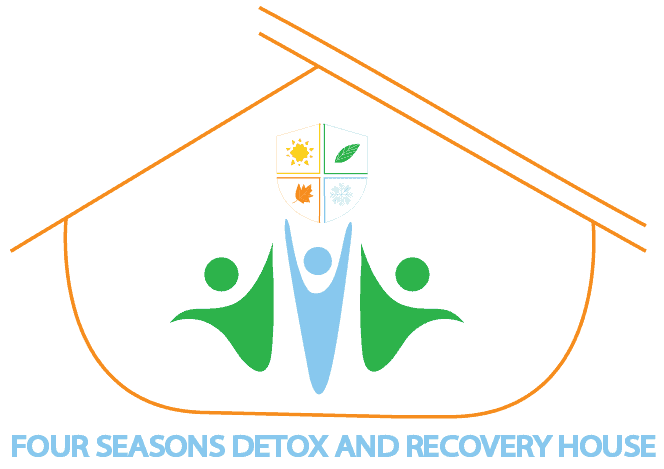A residential treatment program provides the highest level of care in addiction treatment. Our staff works tirelessly to provide a compassionate environment for addiction treatment, addressing mental health concerns, and customizing the treatment process to meet your specific needs. The benefits of our residential treatment program also include:
A Safe Environment for Addiction Treatment
The primary benefit of inpatient treatment at Four Seasons Detox is a safe environment free of drugs and alcohol. For many people struggling with addiction, time away from their stressful environment is essential in the early stages of recovery. When patients are free of triggers, it is easier for them to master the coping mechanisms needed to deal with stress healthily. Patients also benefit from a full-time recovery community, which makes it easier to seek out help and support from others while focusing on one’s health and well-being.
Focused Treatment and Support during the Recovery Process
For those who have mental health issues on top of a substance use disorder, our residential treatment program has the tools, resources, and staff necessary to get individuals fully integrated into recovery. Patients have access to services offered by addiction professionals, such as medication management and various forms of therapy.
Residential treatment at Four Seasons Detox offers you or your loved one the opportunity to prioritize your mental health while working to break free from addiction. Indeed, these services can set you up for long-term success in your recovery journey.









